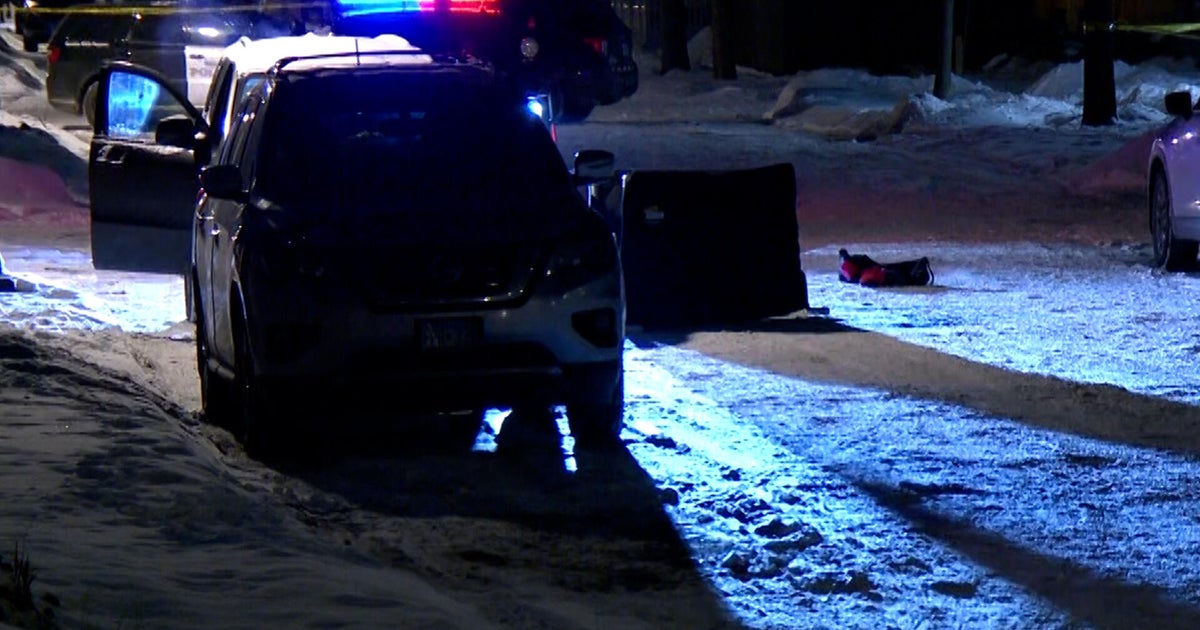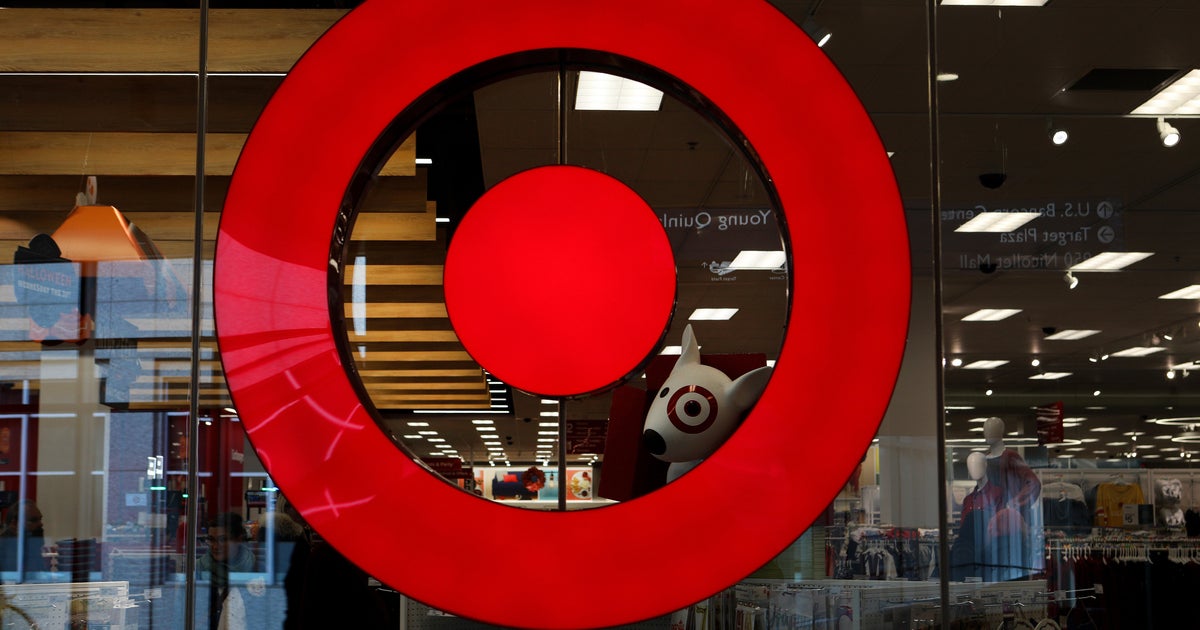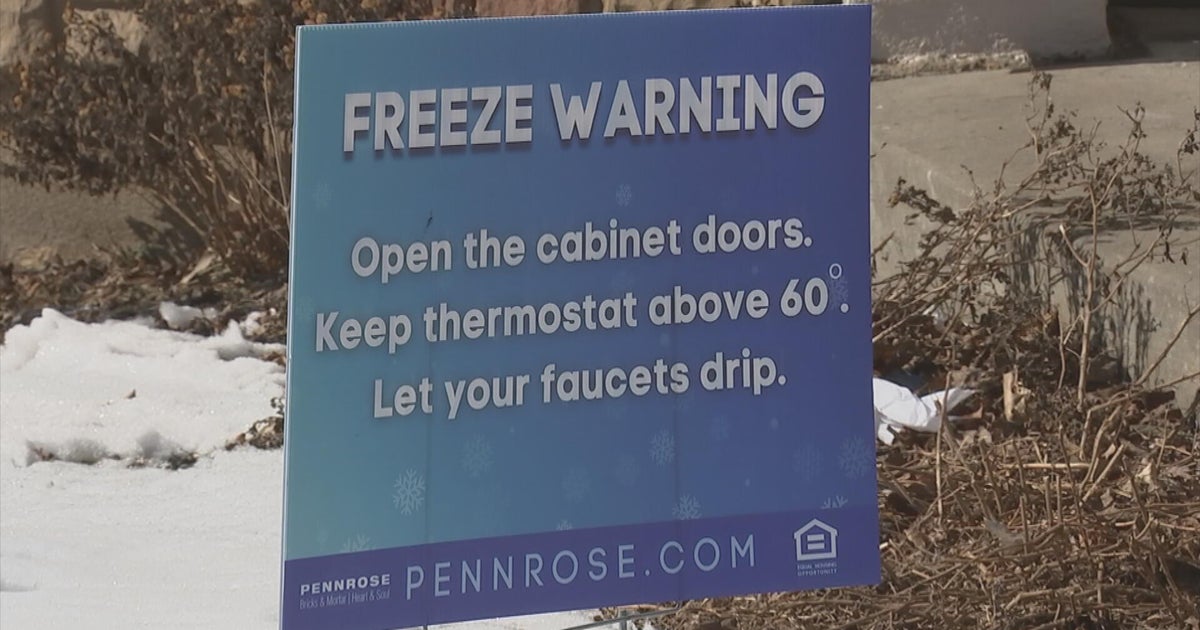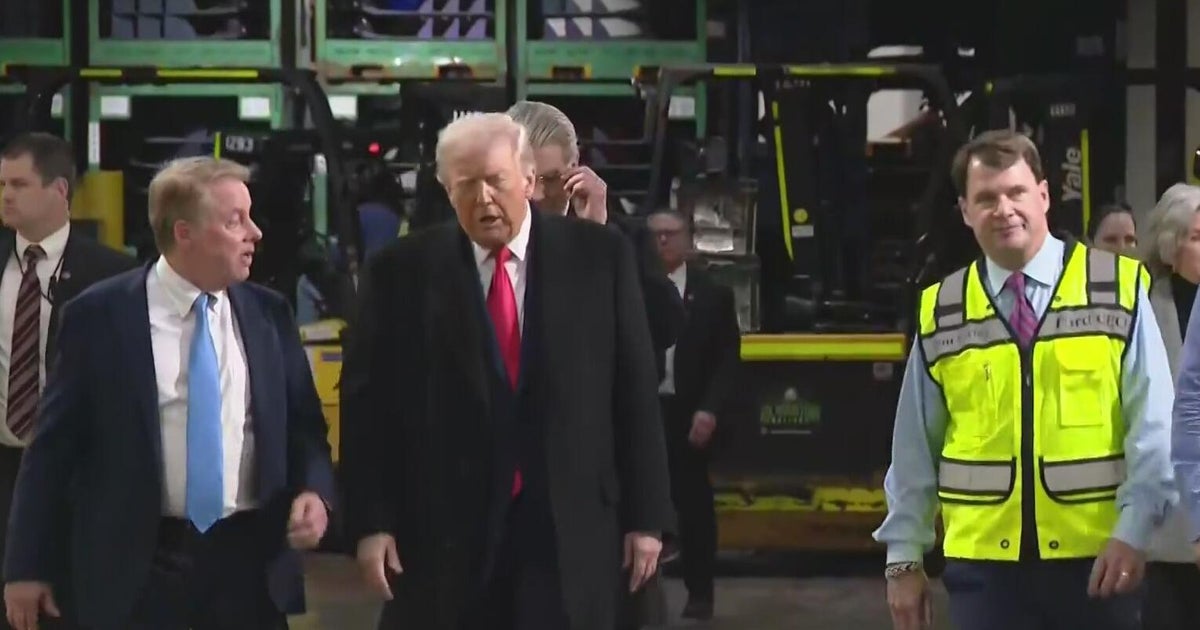Minimum Wage, Tip Credit Debate Heats Up In St. Paul
ST. PAUL, Minn. (WCCO) -- The City of St. Paul is looking at upping the minimum wage to $15 an hour.
It's also trying to figure out what that means for people who make tips. There are two options: Pay people $15 an hour on top of their tips, or implement a tip credit.
With a tip credit, employers pay workers who get tips less than minimum wage. That's because with a tip credit, their tips would count as part of their wage.
"Quite frankly tipped income is what we count on for our wage", Jennifer Schellenberg said. She's with the Restaurant Workers of America, which is very pro tip credit. She's a bartender in Minneapolis.
"We don't want to see all of our small businesses close. The only restaurants that are going to be able to survive this (minimum wage hike without a tip credit) are big corporate chains. Small restaurants just can't afford it," Schellenberg said.
Restaurant Workers of America was outside City Hall on Monday in St. Paul to make sure the St. Paul City Council hear them. Matt Gray, who is a server, said, "We are the industry, we are the workers that will be most impacted with the policy without a tip credit… We are the workers and we are very concerned about the direction this policy will go."
But not everyone who works in the restaurant business wants to see a tip credit. The City of Minneapolis didn't include one in its recent minimum wage hike. Erin Lynch, who is a server at a café, doesn't like relying on tips for her income.
"As a tipped worker, tips are a pretty precarious form of income. They are subject to people's mood on the day. Individual people get to decide your income and what you are going to make on that day. When over half of my income is tips, that's a pretty stressful place to be in everyday: That instability, wondering if people are going to be generous," said Lynch.
Many people who are demanding a tip credit are worried what a $15 an hour minimum wage will do to their industry.
"What I am hearing from most owners is that around $12 an hour, the business model breaks down, and tipping is no longer viable. So most businesses I have talked to are considering doing service charges. What that looks like is generally 20 percent or so tagged on the menu, and then they tell the guests that servers make enough money now, we make a livable wage, they don't have to tip anymore. When that happens, you turn people like myself that have made this my career, into minimum wage employees," Schellenberg said.
Evann Zuckerman, a server and barista, said that there are a couple problems with a tip credit. If someone doesn't make $15 an hour, the employer is supposed to make up the difference. Zuckerman said this is a great theory, but there is no accountability to make sure that actually happens. She says she doesn't make the kind of money some servers and bartenders make.
"I care about all the people that work as servers. I don't just care about the person making $30 an hour, I care about the person making $9.65. The person like me, and like a lot of my friends. We can't just worry about the workers at the top, we need to worry about the bottom and raise them up and then all be raised up," Zuckerman said.
The Mayor's Office says that the Saint Paul City Council wants to make a decision on this issue by the end of the year.







